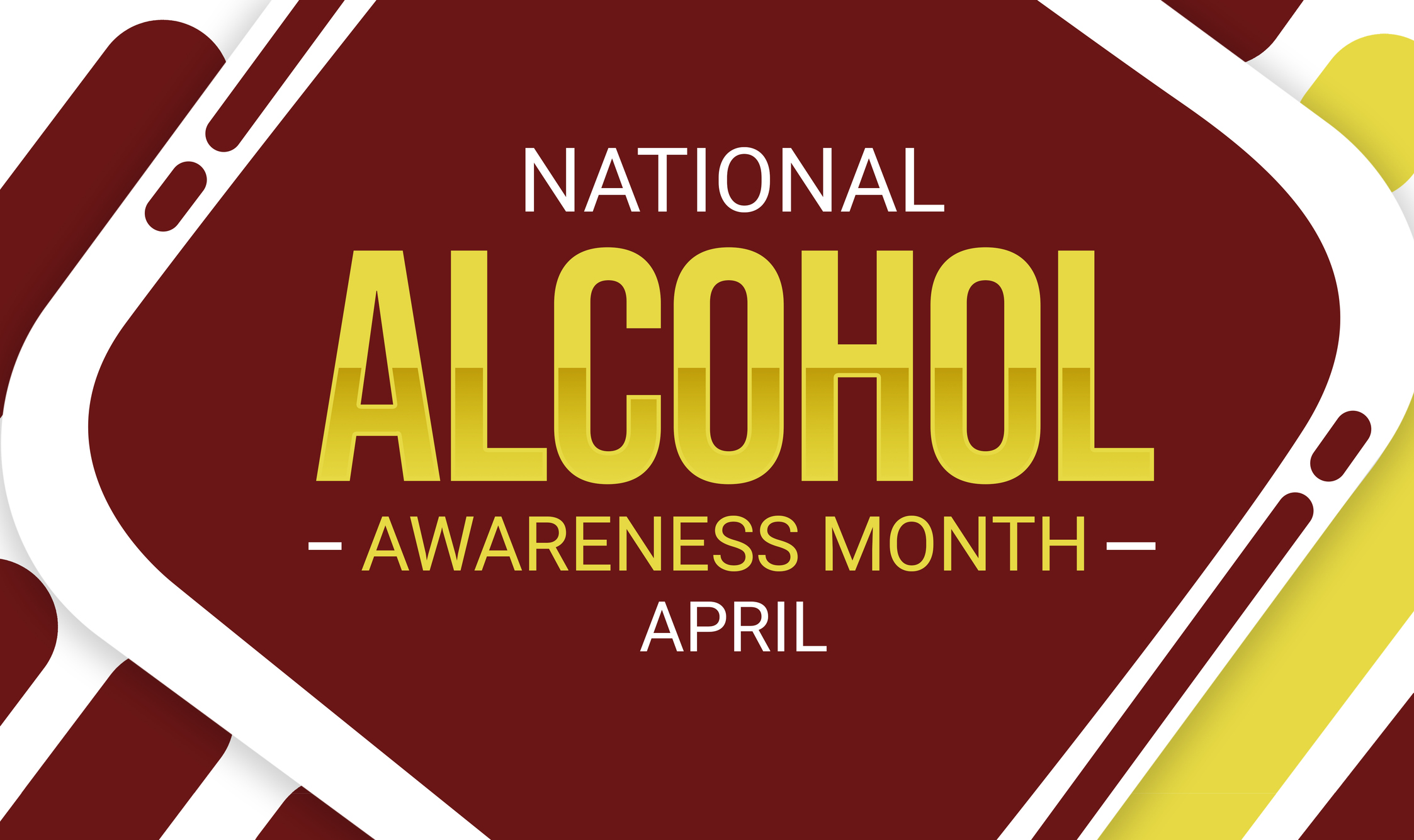New Tool Developed to Help NC Teachers
Addresses Substance Abuse, Underage Drinking Issues Among K-12 Students
RALEIGH, NC—The North Carolina Alcoholic Beverage Control Commission (NC ABC) announced today that teachers across the State now have a new resource to support their efforts to educate students about the dangers of alcohol and substance abuse.
The NC ABC Commission and the North Carolina Department of Public Instruction worked as part of a statewide team collaborating with personnel from the Department of Justice, the State Bureau of Investigation, the Department of Insurance, Alcohol Law Enforcement, the Raleigh Police Department, NC Highway Patrol, the Attorney General’s Office, Center for Safer Schools, the NC Justice Academy, SafeKids NC, Insight Human Services, Governor Pat McCrory’s Office and the Department of Public Safety to create the new online professional development module titled, “Preventing Substance Abuse and Underage Drinking Among K-12 Students.”
This self-paced continuing education course is available 24/7 at no cost via the NC Education Professional Development portal online at https://center.ncsu.edu/ncpd/ to teachers of all disciplines at all grade levels to help them develop an awareness of the problem of underage drinking and substance abuse. With the new module, participants will:
- Develop an understanding of the size, scope, and severity of the drinking and drug (both prescription and illicit) abuse problems and their impact.
- Learn to identify signs and symptoms of substance abuse and learn protocols for when to make a referral.
- Obtain guidelines on how to begin conversations with students and/or parents regarding underage drinking/drug abuse and how to include students as part of the solution.
- Learn about the crimes and their associated consequences for underage alcohol/drug consumption.
- Gain knowledge about the many helpful resources available for underage drinking/drug prevention and treatment in North Carolina.
“With the help of our agency partners, we’re empowering educators with another tool to encourage students to make healthy life choices and avoid the harmful consequences that result from underage consumption of alcohol, abuse of prescription medications and street drugs,” said State Superintendent of Public Instruction June Atkinson. “We hope that this new module will help to improve overall health and welfare of our students across the state.”
“Teachers can play a critical role in the prevention of substance abuse and underage drinking through early education,” said NC ABC Commission Chairman Jim Gardner. “It is our hope that this course will help increase awareness and provide pathways for teachers to foster healthy communication in and outside of the classroom.”
In 2014 Governor Pat McCrory and the NC ABC Commission launched the Talk It Out awareness campaign, a statewide initiative designed to reduce underage drinking by encouraging open, honest and frequent conversations between parents and their children. Since the launch of the campaign the NC Department of Public Instruction has partnered with the NC ABC Commission to help spread this important message across the state. To learn more about Talk It Out, visit www.TalkItOutNC.org.
ABOUT THE NC ABC COMMISSION
North Carolina is one of 17 states to regulate alcohol through a control system. Since 1937, the North Carolina Alcoholic Beverage Control Commission has provided regulation and control over the sale, purchase, transportation, manufacture, consumption and possession of alcoholic beverages in the state of North Carolina. The Commission oversees permits allowing alcohol sales by more than 18,000 retail outlets across the state. http://abc.nc.gov.
ABOUT THE NORTH CAROLINA DEPARTMENT OF PUBLIC INSTRUCTION
The North Carolina Department of Public Instruction provides leadership to 115 local public school districts and 160 charter schools serving over 1.6 million students in kindergarten through high school graduation. The agency is responsible for all aspects of the state’s public school system and works under the direction of the North Carolina State Board of Education. http://www.dpi.state.nc.us/
###



